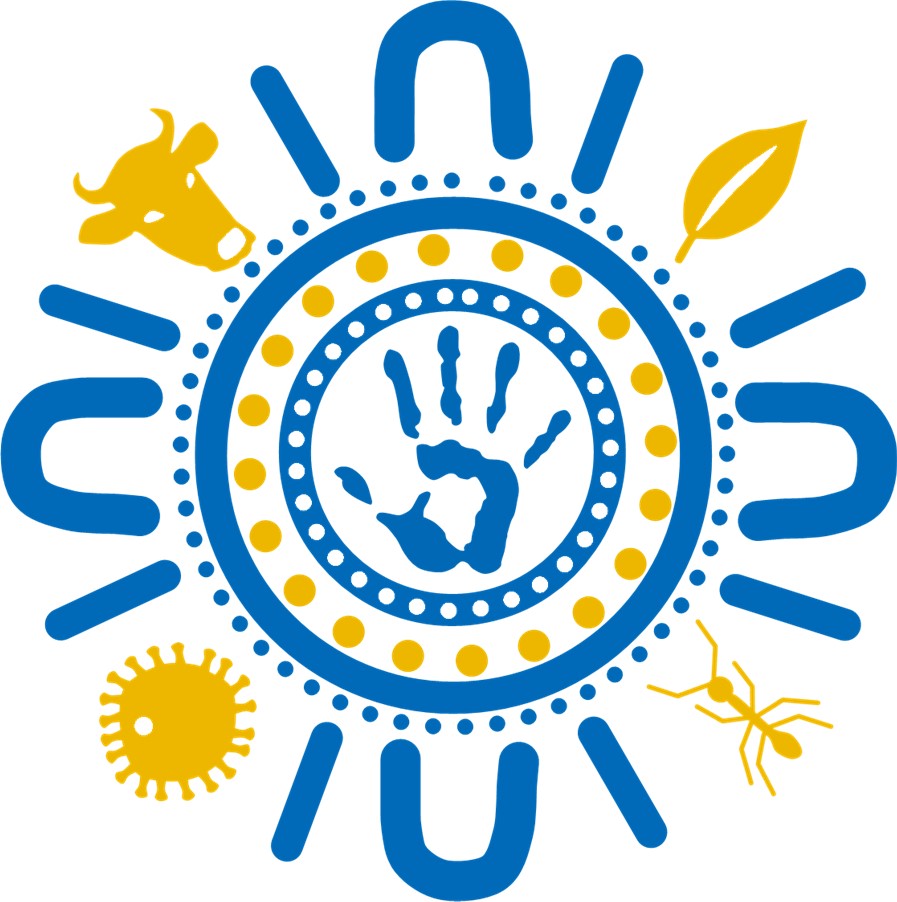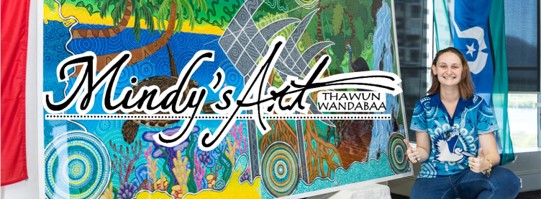Centre for Tropical Biosecurity About the Centre
About the Centre
- Future Students
- JCU Global Experience
- International Students
- Open Day
- How to apply
- Pathways to university
- Virtual Open Day
- Living on Campus
- Courses
- Publications
- Scholarships
- Parents and Partners
- JCU Heroes Programs
- Aboriginal and Torres Strait Islander in Marine Science
- Elite Athletes
- Defence
- Current Students
- New students
- JCU Orientation
- LearnJCU
- Placements
- CEE
- Unicare Centre and Unicampus Kids
- Graduation
- Off-Campus Students
- JCU Job Ready
- Safety and Wellbeing
- JCU Prizes
- Professional Experience Placement
- Employability Edge
- Art of Academic Writing
- Art of Academic Editing
- Careers and Employability
- Student Equity and Wellbeing
- Career Ready Plan
- Careers at JCU
- Partners and Community
- JCU-CSIRO Partnership
- Alumni
- About JCU
- Reputation and Experience
- Chancellery
- Governance
- Celebrating 50 Years
- Academy
- Indigenous Engagement
- Education Division
- Graduate Research School
- Research and Teaching
- Research Division
- Research and Innovation Services
- CASE
- College of Business, Law and Governance
- College of Healthcare Sciences
- College of Medicine and Dentistry
- College of Science and Engineering
- CPHMVS
- Anthropological Laboratory for Tropical Audiovisual Research (ALTAR)
- Anton Breinl Research Centre
- Agriculture Technology and Adoption Centre (AgTAC)
- Advanced Analytical Centre
- AMHHEC
- Aquaculture Solutions
- AusAsian Mental Health Research Group
- ARCSTA
- Area 61
- Lions Marine Research Trust
- Australian Tropical Herbarium
- Australian Quantum & Classical Transport Physics Group
- Boating and Diving
- Clinical Psychedelic Research Lab
- Centre for Tropical Biosecurity
- Centre for Tropical Bioinformatics and Molecular Biology
- CITBA
- CMT
- Centre for Disaster Solutions
- CSTFA
- Cyclone Testing Station
- The Centre for Disaster Studies
- Daintree Rainforest Observatory
- Fletcherview
- JCU Eduquarium
- JCU Turtle Health Research
- Language and Culture Research Centre
- MARF
- Orpheus
- TESS
- JCU Ideas Lab
- TARL
- eResearch
- Indigenous Education and Research Centre
- Estate
- Work Health and Safety
- Staff
- Discover Nature at JCU
- Cyber Security Hub
- Association of Australian University Secretaries
- Services and Resources Division
- Environmental Research Complex [ERC]
- Foundation for Australian Literary Studies
- Gender Equity Action and Research
- Give to JCU
- Indigenous Legal Needs Project
- Inherent Requirements
- IsoTropics Geochemistry Lab
- IT Services
- JCU Webinars
- JCU Events
- JCU Motorsports
- JCU Sport
- Library
- Mabo Decision: 30 years on
- Marine Geophysics Laboratory
- Office of the Vice Chancellor and President
- Outstanding Alumni
- Pharmacy Full Scope
- Planning for your future
- Policy
- PAHL
- Queensland Research Centre for Peripheral Vascular Disease
- Rapid Assessment Unit
- RDIM
- Researcher Development Portal
- Roderick Centre for Australian Literature and Creative Writing
- Contextual Science for Tropical Coastal Ecosystems
- State of the Tropics
- Strategic Procurement
- Student profiles
- SWIRLnet
- TREAD
- TropEco for Staff and Students
- TQ Maths Hub
- TUDLab
- VAVS Home
- WHOCC for Vector-borne & NTDs
- Media
- Copyright and Terms of Use
- Australian Institute of Tropical Health & Medicine
- Pay review
Effective biosecurity measures are essential to protect Australia’s $32 billion agriculture and aquaculture industries as well as safeguard our unique flora and fauna and growing human population. The challenges will increase with ecological, climatic, demographic, and behavioural changes occurring globally.
James Cook University is focused on meeting the knowledge needs for the grand challenges in the tropics. Tropical Australia is a high-risk region for Australia, due in part to its proximity to neighbouring countries, its high diversity of wildlife reservoirs, and its environmental characteristics. JCU strives to meet the present and future biosecurity challenges for this region, as well as nationally and globally.
The Centre for Tropical Biosecurity at JCU spans three campuses within the tropics: Nguma-bada (Cairns), Bebugu Yumba (Townsville), and Singapore. All three campuses are in environments that are highly relevant to tropical biosecurity. Our Australian campuses and field stations are in close proximity to two natural World Heritage Areas, the Great Barrier Reef and Wet Tropics rainforest, as well as savannas and livestock stations in the Outback. Our Singapore campus is nestled in a dynamic urban environment at the crossroads of Asia and Oceania. Our researchers have strong professional connections to indigenous communities, medical and veterinary practitioners, government, international partners, and industry.
We are uniquely geographically and professionally positioned to lead and deliver high quality biosecurity research and training across multiple disciplines. JCU is ideally situated to work with industry, communities, and all levels of government to ensure cost effective biosecurity to meet our needs for now and into the future.
Our aim
The Centre for Tropical Biosecurity at JCU aims to reduce biosecurity threats and impacts in the tropics and beyond by applying JCU’s biosecurity-related research and research training expertise.
Detecting, understanding, and responding to biosecurity threats are among the universal challenges in biosecurity, and the Centre brings together expertise from across the university to address these challenges under six main research themes:
- Invasive Species Ecology and Management
- Quantitative Approaches
- Production Systems
- Social and Systems Biosecurity
- Tools and Technology
- Zoonoses and Emerging Diseases
To read more about this research, please visit our research webpage.
Our logo

Our logo was created by JCU alumna and proud Kamilaroi Woman, Merinda Walters.
Merinda titled the logo Ngurru Galuma-li (Noo-roo-goo gah-lah-mah-lee), which means Caring for tomorrow and promotes being proactive, in that be working today we can protect tomorrow. Presented in the form of a meeting place, this element symbolizes the coming together of people to study and develop our understanding of biosecurity and the role we all play in protecting it. Likewise, at the centre of it all is a handprint to represent humankind; how we are fundamentally intwined with nature and it is both our responsibility and also our greatest challenge to preserve and protect nature to ensure a sustainable tomorrow. The ant, leaf, microbe, and cattle icons represent the production systems, invasive species, zoonoses, and social and systems in which the Centre works.
Merinda is an Environmental Scientist, Indigenous Stakeholder Engagement Practitioner, Author, and Artist living in far north Queensland. Having developed a foundational understanding of biosecurity through her study and profession, Merinda was able to engage with JCU for the development of the logo for the Centre from not only a science background, but also a social and artistic perspective. Recognised by the Aboriginal Art Association of Australia, Merinda is a self-taught artist who utilizes her background in science, engagement, community, and culture to develop authentic artworks that capture aesthetic values and kick starts conversations. Merinda is a proud advocate for combining Western and Indigenous knowledge and sciences to help bring a positive change to all aspects of the human experience.
